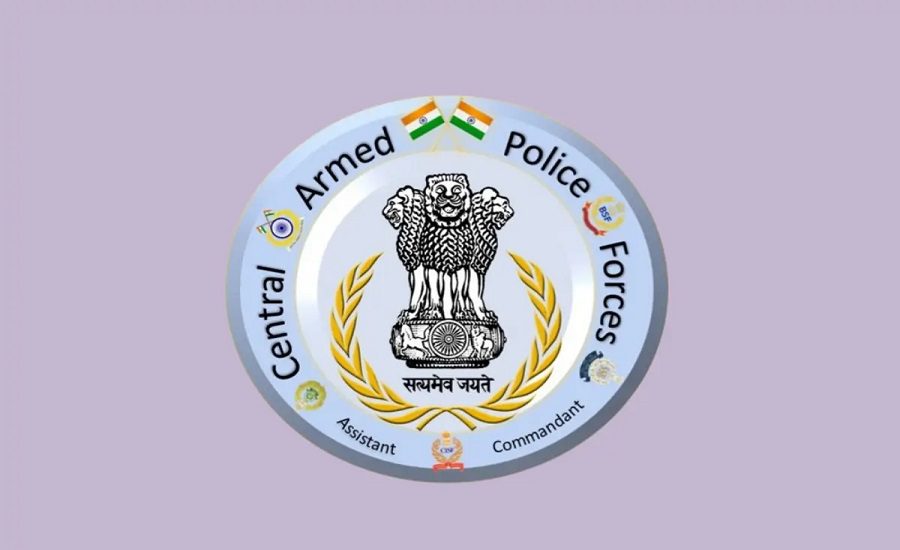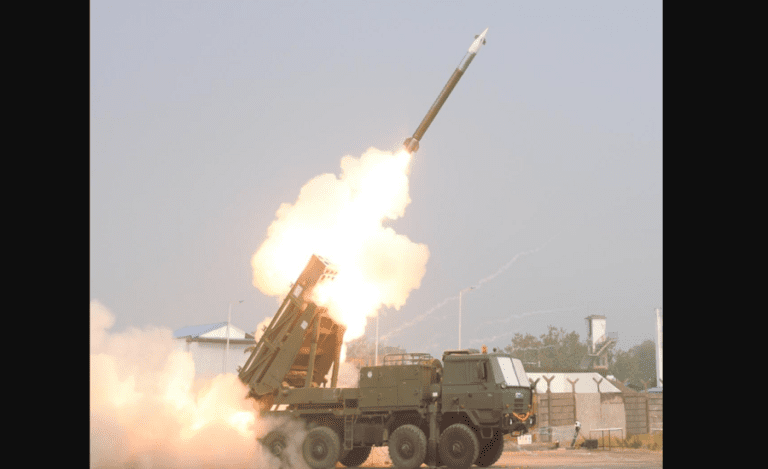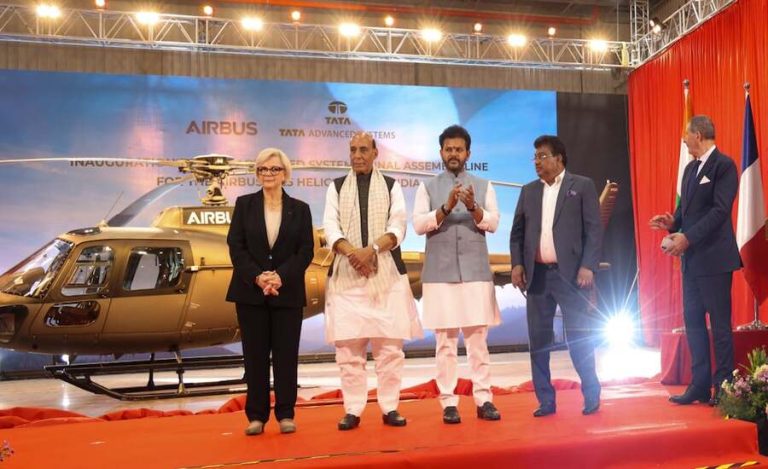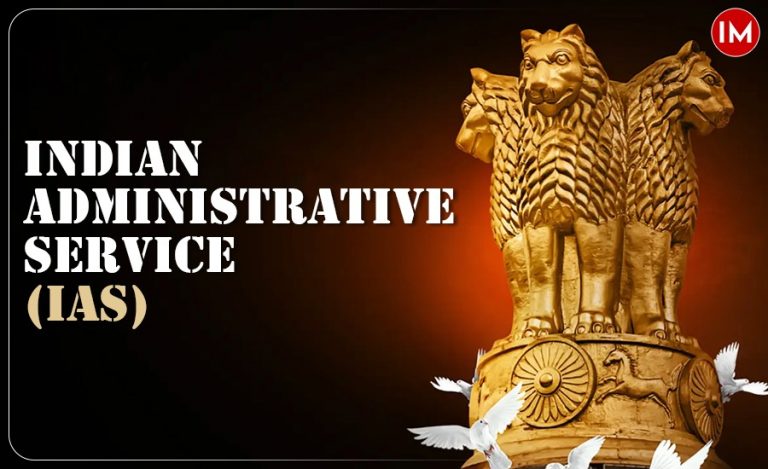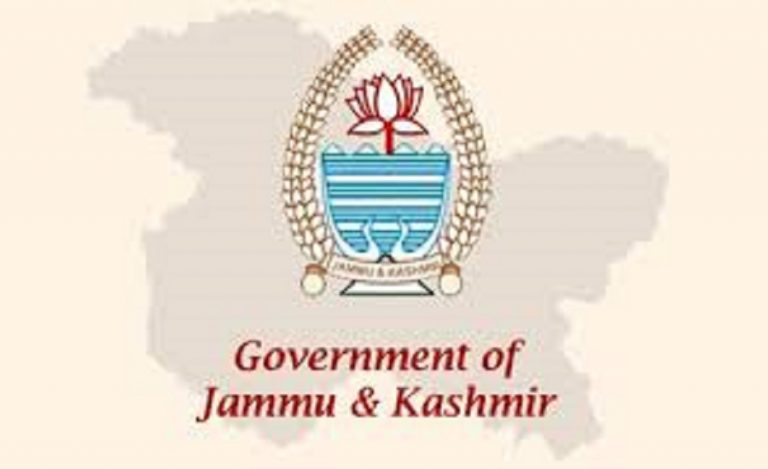New Delhi: An uneasy calm has gripped the Indian Police Service (IPS) fraternity following the Supreme Court’s recent dismissal of the Centre’s review plea against its earlier judgment that ordered a progressive reduction in IPS deputations to the Central Armed Police Forces (CAPFs).
The ruling marks a turning point in the long-standing debate over IPS control in the country’s paramilitary forces and signals a gradual shift toward cadre independence within the CAPFs.
The Court’s Landmark Decision
The CAPFs – comprising the Border Security Force (BSF), Central Reserve Police Force (CRPF), Central Industrial Security Force (CISF), Indo-Tibetan Border Police (ITBP), and Sashastra Seema Bal (SSB) – have traditionally seen senior leadership positions dominated by IPS officers on deputation.
Read Also: Big: SC Dismisses Union Government’s Petition to Review Reduction of IPS Officers in CAPFs
However, in a May 23 judgment, a bench of Justices A.S. Oka and Ujjal Bhuyan directed the Central Government to progressively reduce IPS deputations to the Senior Administrative Grade (SAG) level, or up to the rank of Inspector General, within an outer limit of two years.
The government’s subsequent review petition was dismissed on October 28 by another bench comprising Justices Surya Kant and Ujjal Bhuyan, cementing the top court’s earlier directions.
A Major Shift in Power Balance
This ruling is being viewed as a significant setback for the IPS lobby, which has historically held influential command positions within the CAPFs. Currently, 20% of Deputy Inspector General (DIG) posts and 50% of Inspector General (IG) posts in the paramilitary forces are reserved for IPS officers.
With the Supreme Court’s order now final, the dominance of deputed IPS officers is expected to shrink substantially, paving the way for career progression of CAPF cadre officers who have long sought parity and recognition.
CAPF Cadre’s Legal Battle Pays Off
The verdict is the result of a persistent legal battle waged by Group A CAPF officers, who approached the apex court in 2021. Their petition demanded Non-Functional Financial Upgradation (NFFU), cadre restructuring, and revised recruitment rules that would allow promotion from within the CAPFs instead of relying on IPS deputations.
For the nearly 13,000 CAPF officers affected by stagnation, the court’s decision is a major relief, as it promises faster promotions, career stability, and greater autonomy within their respective forces.
Implications for the Future
While the ruling has been widely welcomed by CAPF officers, it has sparked unease among IPS officers, who see it as a dilution of their leadership role in the paramilitary structure.
Senior officers point out that IPS deputations were originally introduced to ensure uniform standards of command and coordination with civil administration. With this verdict, the Centre will need to rework its cadre policies to maintain balance between central and state policing systems.
For the CAPFs, however, this marks a historic assertion of institutional independence, ending decades of dependence on deputed officers from the All India Services.
Read Also: 10 Senior IPS Officers Promoted as Special DGs in CAPFs, IB & NIA After ACC Nod

